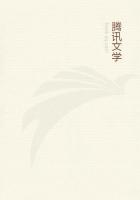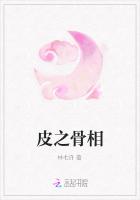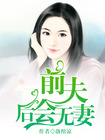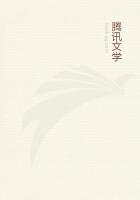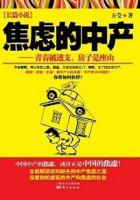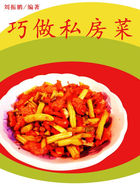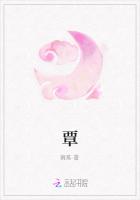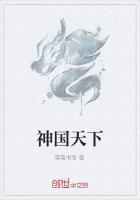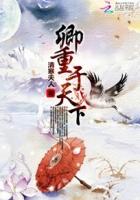In both cases there is no connection, except that one has seen them together. A sentimentalist might shed tears at the smell of apple-blossom, because, by a dark association of his own, it reminded him of his boyhood. So the materialist professor (though he conceals his tears) is yet a sentimentalist, because, by a dark association of his own, apple-blossoms remind him of apples. But the cool rationalist from fairyland does not see why, in the abstract, the apple tree should not grow crimson tulips; it sometimes does in his country.
This elementary wonder, however, is not a mere fancy derived from the fairy tales; on the contrary, all the fire of the fairy tales is derived from this. Just as we all like love tales because there is an instinct of sex, we all like astonishing tales because they touch the nerve of the ancient instinct of astonishment.
This is proved by the fact that when we are very young children we do not need fairy tales: we only need tales. Mere life is interesting enough. A child of seven is excited by being told that Tommy opened a door and saw a dragon. But a child of three is excited by being told that Tommy opened a door. Boys like romantic tales; but babies like realistic tales--because they find them romantic.
In fact, a baby is about the only person, I should think, to whom a modern realistic novel could be read without boring him.
This proves that even nursery tales only echo an almost pre-natal leap of interest and amazement. These tales say that apples were golden only to refresh the forgotten moment when we found that they were green. They make rivers run with wine only to make us remember, for one wild moment, that they run with water. I have said that this is wholly reasonable and even agnostic. And, indeed, on this point I am all for the higher agnosticism; its better name is Ignorance.
We have all read in scientific books, and, indeed, in all romances, the story of the man who has forgotten his name. This man walks about the streets and can see and appreciate everything; only he cannot remember who he is. Well, every man is that man in the story.
Every man has forgotten who he is. One may understand the cosmos, but never the ego; the self is more distant than any star.
Thou shalt love the Lord thy God; but thou shalt not know thyself.
We are all under the same mental calamity; we have all forgotten our names. We have all forgotten what we really are. All that we call common sense and rationality and practicality and positivism only means that for certain dead levels of our life we forget that we have forgotten. All that we call spirit and art and ecstasy only means that for one awful instant we remember that we forget.
But though (like the man without memory in the novel) we walk the streets with a sort of half-witted admiration, still it is admiration.
It is admiration in English and not only admiration in Latin.
The wonder has a positive element of praise. This is the next milestone to be definitely marked on our road through fairyland.
I shall speak in the next chapter about optimists and pessimists in their intellectual aspect, so far as they have one. Here I am only trying to describe the enormous emotions which cannot be described.
And the strongest emotion was that life was as precious as it was puzzling. It was an ecstasy because it was an adventure; it was an adventure because it was an opportunity. The goodness of the fairy tale was not affected by the fact that there might be more dragons than princesses; it was good to be in a fairy tale.
The test of all happiness is gratitude; and I felt grateful, though I hardly knew to whom. Children are grateful when Santa Claus puts in their stockings gifts of toys or sweets. Could I not be grateful to Santa Claus when he put in my stockings the gift of two miraculous legs? We thank people for birthday presents of cigars and slippers. Can I thank no one for the birthday present of birth?
There were, then, these two first feelings, indefensible and indisputable. The world was a shock, but it was not merely shocking; existence was a surprise, but it was a pleasant surprise. In fact, all my first views were exactly uttered in a riddle that stuck in my brain from boyhood. The question was, "What did the first frog say?" And the answer was, "Lord, how you made me jump!"
That says succinctly all that I am saying. God made the frog jump; but the frog prefers jumping. But when these things are settled there enters the second great principle of the fairy philosophy.
Any one can see it who will simply read "Grimm's Fairy Tales" or the fine collections of Mr. Andrew Lang. For the pleasure of pedantry I will call it the Doctrine of Conditional Joy.
Touchstone talked of much virtue in an "if"; according to elfin ethics all virtue is in an "if." The note of the fairy utterance always is, "You may live in a palace of gold and sapphire, if you do not say the word `cow'"; or "You may live happily with the King's daughter, if you do not show her an onion." The vision always hangs upon a veto.
All the dizzy and colossal things conceded depend upon one small thing withheld. All the wild and whirling things that are let loose depend upon one thing that is forbidden. Mr. W.B.Yeats, in his exquisite and piercing elfin poetry, describes the elves as lawless; they plunge in innocent anarchy on the unbridled horses of the air--
"Ride on the crest of the dishevelled tide, And dance upon the mountains like a flame."
It is a dreadful thing to say that Mr. W.B.Yeats does not understand fairyland. But I do say it. He is an ironical Irishman, full of intellectual reactions. He is not stupid enough to understand fairyland. Fairies prefer people of the yokel type like myself; people who gape and grin and do as they are told.

